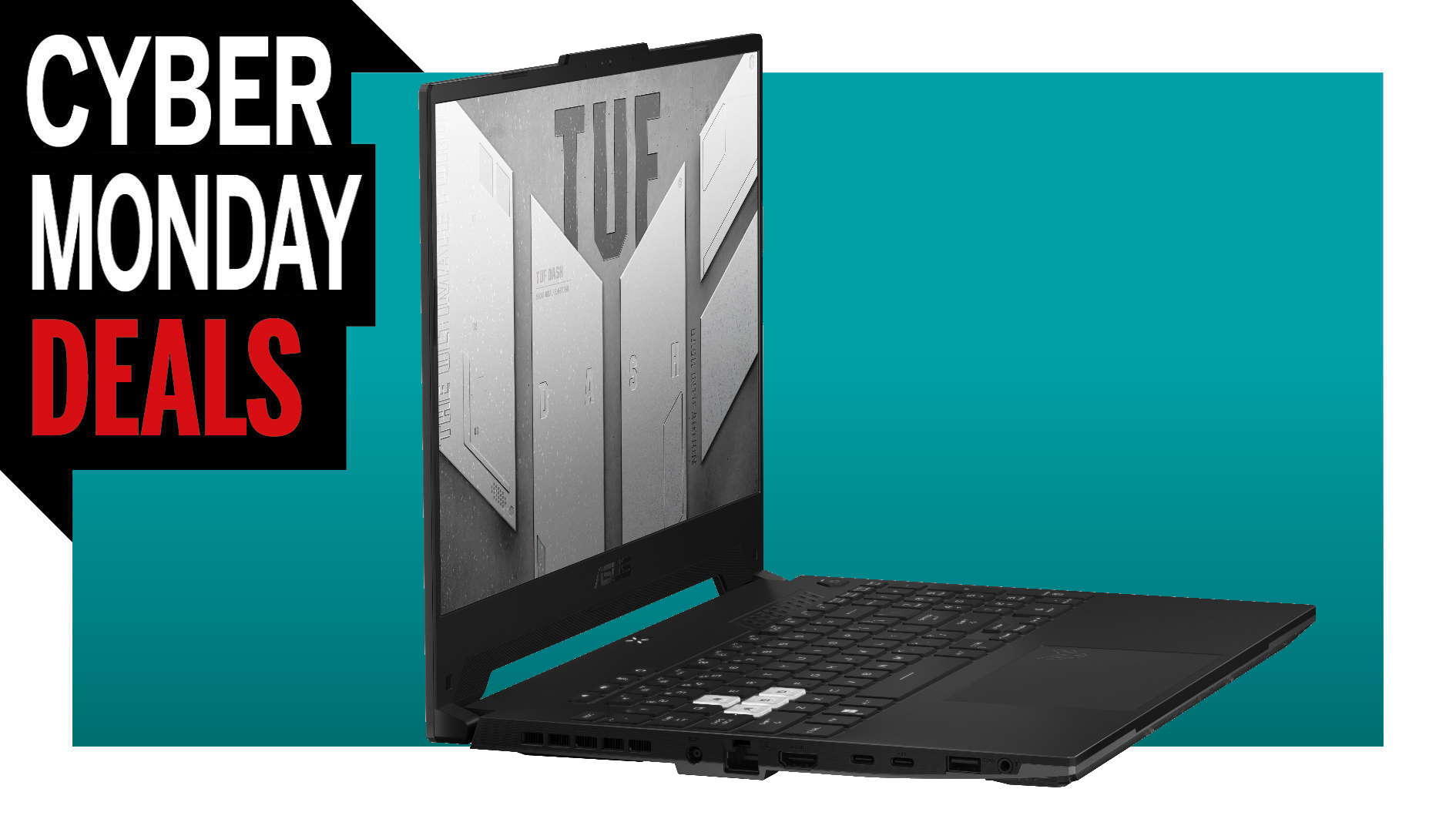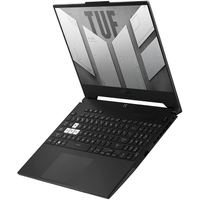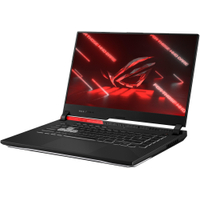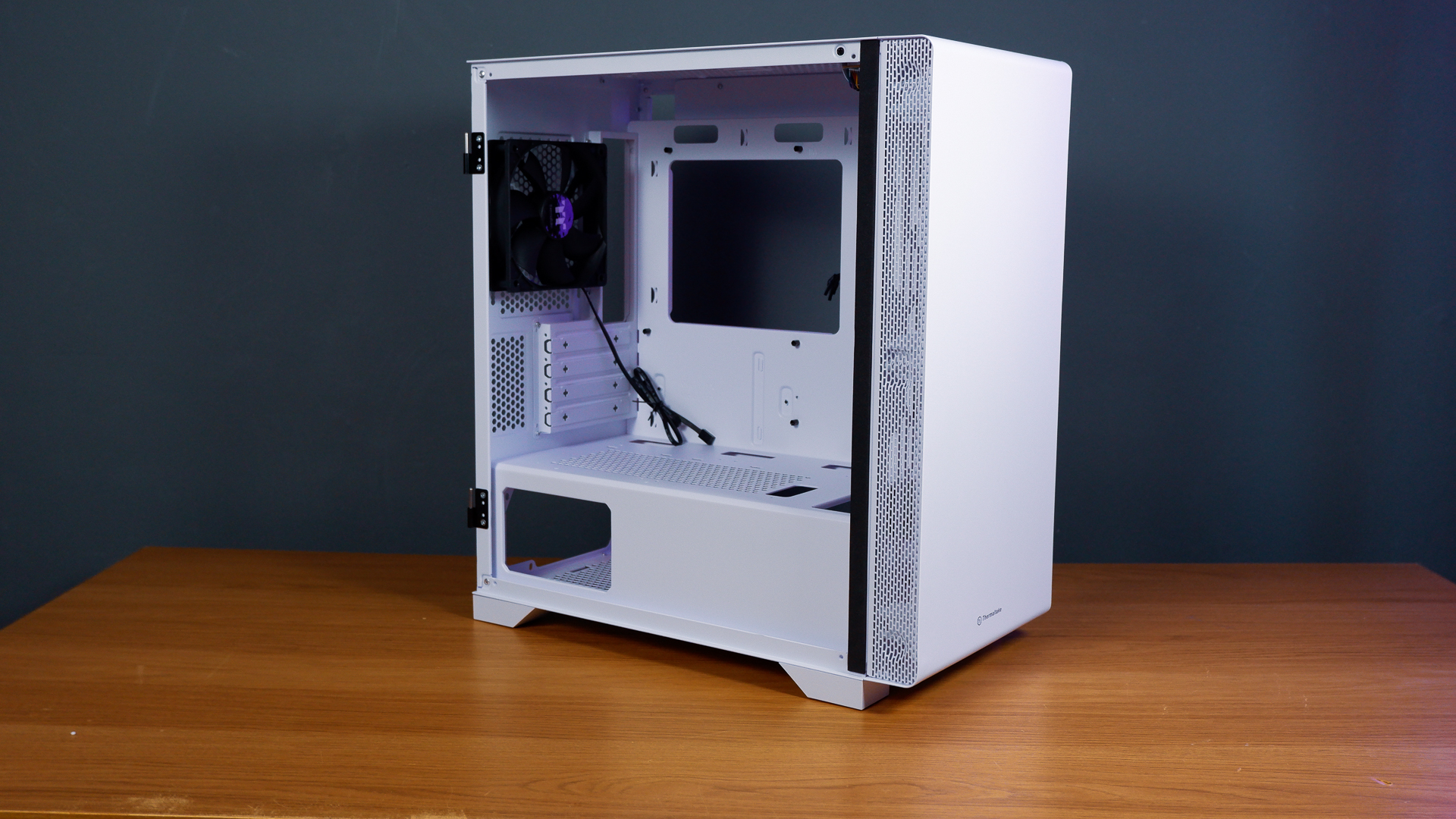The cheapest bestest RTX 3070 Cyber Monday gaming laptop deal isn't going to be around long
With a 12th Gen 10-core i7 CPU and an RTX 3070 GPU, this is one hell of a machine.

Asus TUF Dash 15 | Nvidia RTX 3070 | Intel Core i7-12650H | 15.6-inch | 1080p | 144Hz | 16GB RAM | 512GB SSD | $1,499.99 $999.99 at Best Buy (save $500)
Scraping in just under the $1,000 mark is this RTX 3070-powered ultramobile gaming PC. It's still rocking a 10-core, 16-thread CPU, but the Dash 15 is Asus' thinner gaming laptop variant and is a really nice machine. We'd maybe want a little more storage than 512GB but there's a spare SSD slot inside for when you do want to upgrade. This is also the cheapest RTX 3070 machine we've found right now.
If you thought the Cyber Monday gaming laptop deals were going to be a pale shadow of what was on offer on Black Friday then I've got news for you. In fact, I've got one of the best laptop deals we've had this year for you: this Asus RTX 3070 ultra-portable for just $1,000 at Best Buy.
The Asus TUF Dash 15 was launched as part of Intel's ultra-portable initiative that paired lightweight processors with quality graphics cards in order to deliver machines that were thinner and cheaper than their standard counterparts with chonkier CPUs inside them.
- We'll carry on curating the best Cyber Monday PC gaming deals all the way through.
But that's not what we've got here. Yes, it's still the same relatively slimline Dash 15 chassis, but here the RTX 3070 has been paired with a genuine 12th Gen Core i7 CPU, with ten cores and 16 threads of Alder Lake processing power. This is no productivity wallflower, in other words.
It's also rocking 16GB of DDR5-4800 memory, too, as well as a 512GB SSD. That's probably the weakest part of the package, in all honesty, but it is relatively simple to take the back off the laptop and stick a new SSD inside. It's got a second NVMe slot just waiting to take an extra SSD, which means you don't need to mess around with the boot drive if you want a bit of extra space to store your games.
Because this is, at heart, a gaming laptop and that RTX 3070 running at 105W will happily run any game you care to throw at its 144Hz 1080p display. There's also a 76WHr battery in there, which ought to keep it running relatively well away from the plug socket. Well, as long as any gaming laptop can keep it's GPU going on battery anyways.
All told, that makes this a fantastic Cyber Monday gaming laptop deal for anyone with a strict $1,000 budget. And means if you'd held off buying a machine on Black Friday, but were worried you'd somehow missed out, you don't need to worry anymore.
BUT, if you can stretch that budget a little more, and aren't wedded to some weird anti-AMD ideology, then there's another Asus rig that will deliver more gaming power for just $100 more.
Asus ROG Strix G15 | AMD RX 6800M | AMD Ryzen 9 5980HX | 15.6-inch | 1440p | 165Hz | 16GB RAM | 512GB SSD | $1,699.99 $1,099.99 at Best Buy (save $600)
This is a genuinely fantastic gaming laptop deal, and you're going to need to hurry because if people have any sense they'll snap this right up. The RX 6800M is AMD's most powerful mobile GPU, and we're talking around RTX 3070 Ti levels of standard gaming prowess. For just $1,100. Throw in a 1440p screen running at 165Hz and you've got one mighty machine.
It's a chunkier machine, and that eight-core Ryzen 9 CPU doesn't have the productivity chops of the 12th Gen Alder Lake chip in the Dash 15, but that Radeon RX 6800M is the real notebook GPU deal. It can deliver RTX 3070 Ti levels of gaming performance, comfortably beating the RTX 3070 in this other machine.
Where are the best Cyber Monday gaming laptop deals?
- Amazon - RTX 3050 laptops from Acer and Dell starting at $650
- Asus - high-end ROG Zephyrus 14 with Ryzen 9 and RTX 3060 at Best Buy
- MSI - RTX 3080 gaming laptops up to $200 off at Newegg
- Gigabyte - up to 50% off Gigabyte gaming laptops at Newegg
- Walmart - cheap Gateway laptops. Remember them?!
- B&H Photo - up to $500 off Lenovo, Asus, & MSI gaming laptops
- Target - sub-$1,000 gaming laptops
- Staples - up to $300 off MSI gaming notebooks
- Lenovo - $1,000+ discounts on Legion laptops
- Razer - discounts on Razer Blade laptops, our favorite notebooks
- Newegg - $500+ off RTX 30 series gaming laptops
- Best Buy - save up to $500 on gaming laptops
- Microsoft - up to half price on last-gen laptops
- Dell - save over $300 on Dell and Alienware gaming laptops
- RTX 3060 - Asus ROG Zephyrus 14 |
$1,399.99$899.99 at Best Buy (save $500) - RTX 3070 - Asus TUF Dash 15 |
$1,499.99$999.99 at Best Buy (save $500) - RTX 3070 Ti - Gigabyte Aero 16 XE4 |
$1,499.99$1,309.99 at Newegg (save $190) - RTX 3080 - Asus Zephyrus G15 |
$1,999.99$1,699.99 at Best Buy (save $300) - RX 6800M - Asus ROG Strix G15 |
$1,699.99$1,099.99 at Best Buy (save $600)
Keep up to date with the most important stories and the best deals, as picked by the PC Gamer team.

Dave has been gaming since the days of Zaxxon and Lady Bug on the Colecovision, and code books for the Commodore Vic 20 (Death Race 2000!). He built his first gaming PC at the tender age of 16, and finally finished bug-fixing the Cyrix-based system around a year later. When he dropped it out of the window. He first started writing for Official PlayStation Magazine and Xbox World many decades ago, then moved onto PC Format full-time, then PC Gamer, TechRadar, and T3 among others. Now he's back, writing about the nightmarish graphics card market, CPUs with more cores than sense, gaming laptops hotter than the sun, and SSDs more capacious than a Cybertruck.



